TCMCN
-
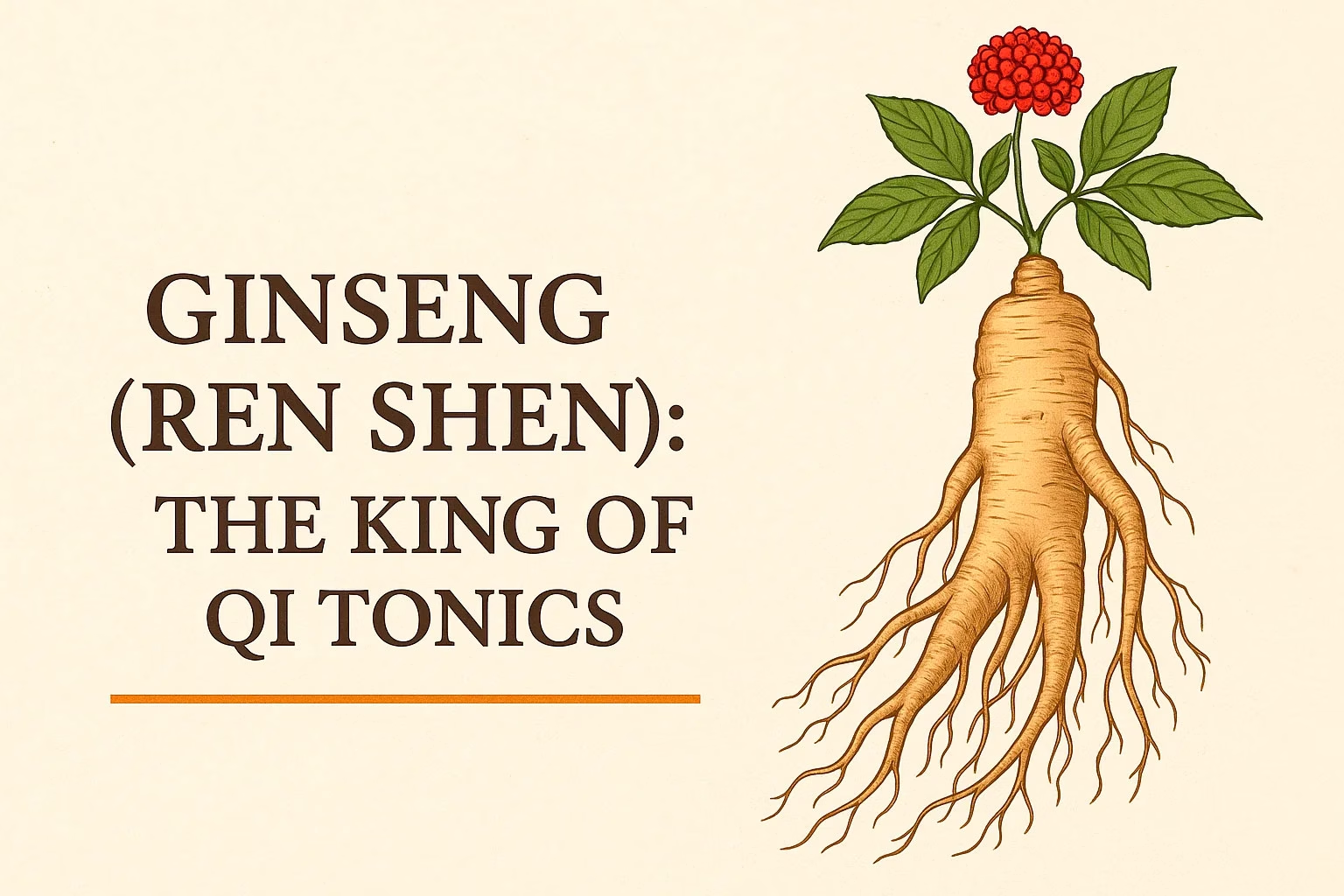
-
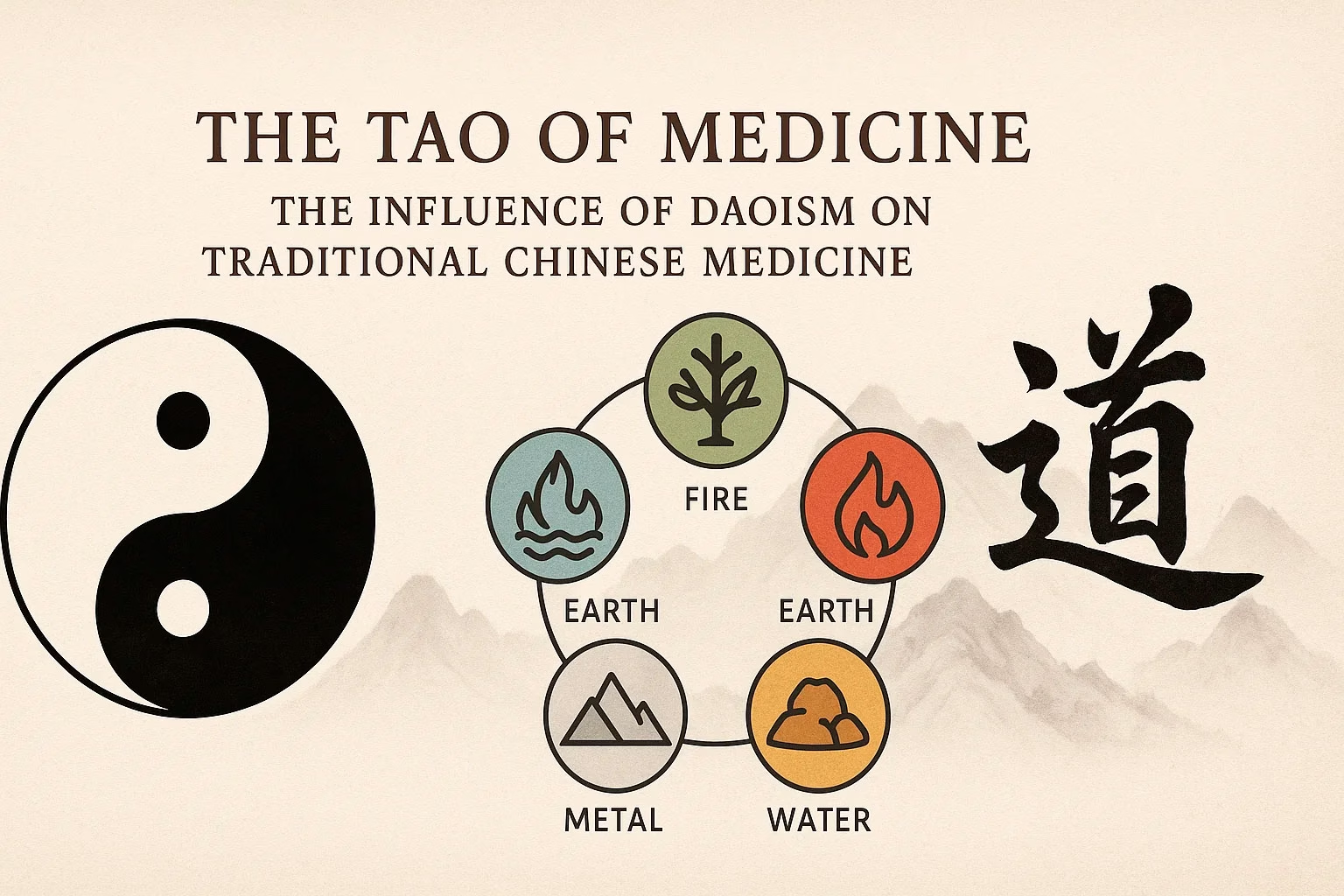
The Tao of Medicine: The Influence of Daoism on Traditional Chinese Medicine
🔶 Introduction Daoism (道家), one of the oldest and most …
-
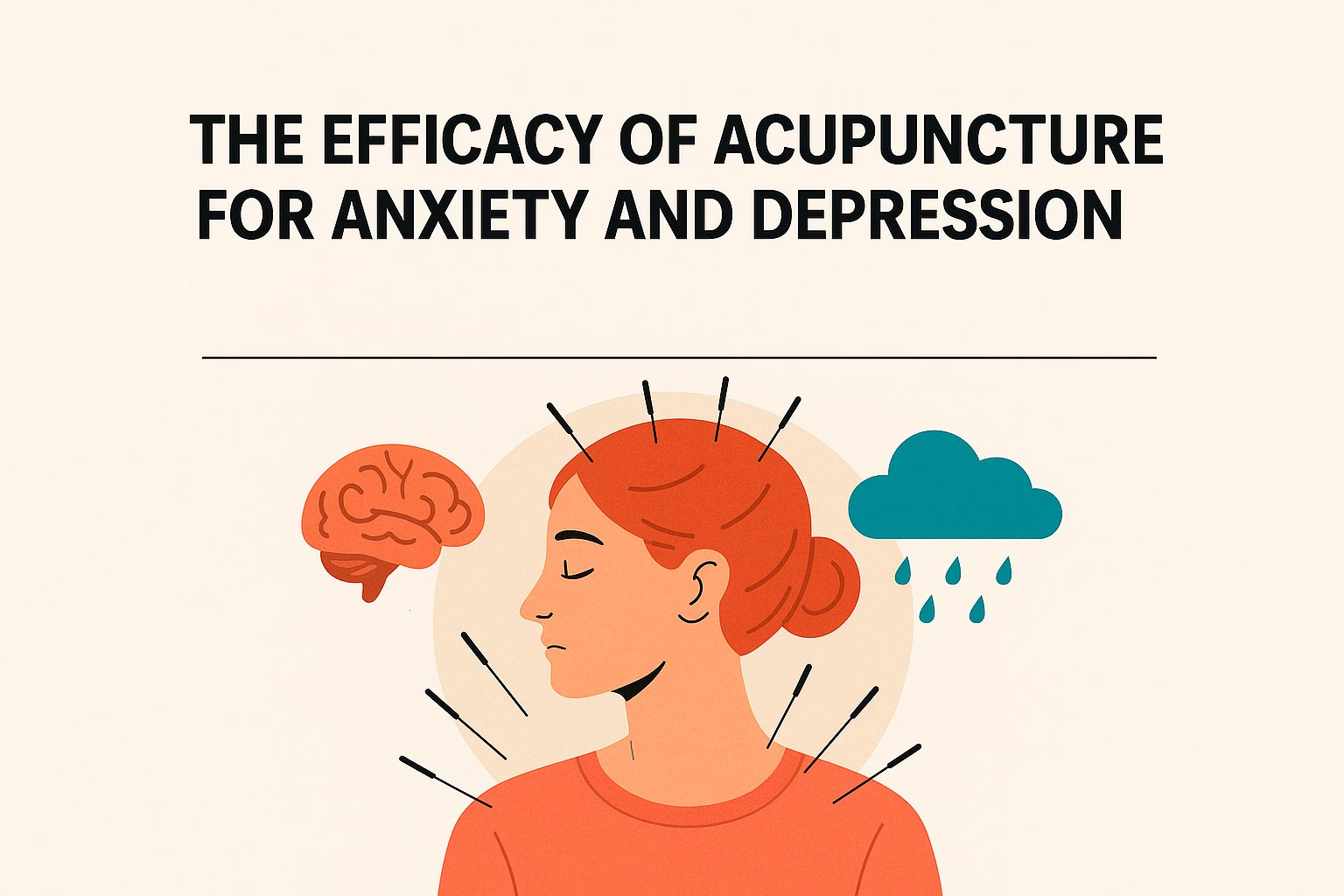
The Efficacy of Acupuncture for Anxiety and Depression
🔶 Introduction Anxiety and depression are among the mos…
-
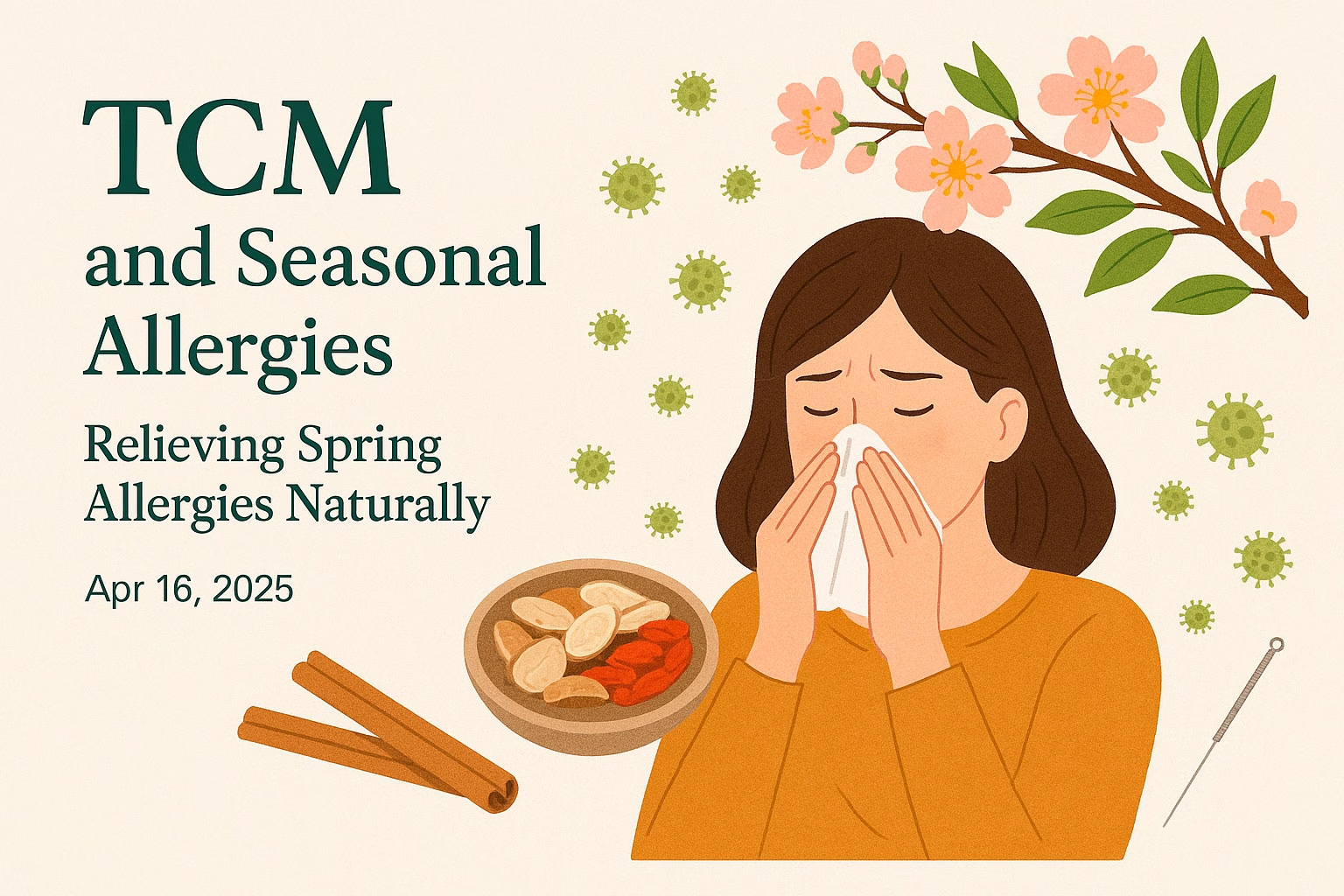
TCM and Seasonal Allergies: Relieving Spring Allergies Naturally
🔶 Introduction As spring arrives, so do the seasonal al…
-
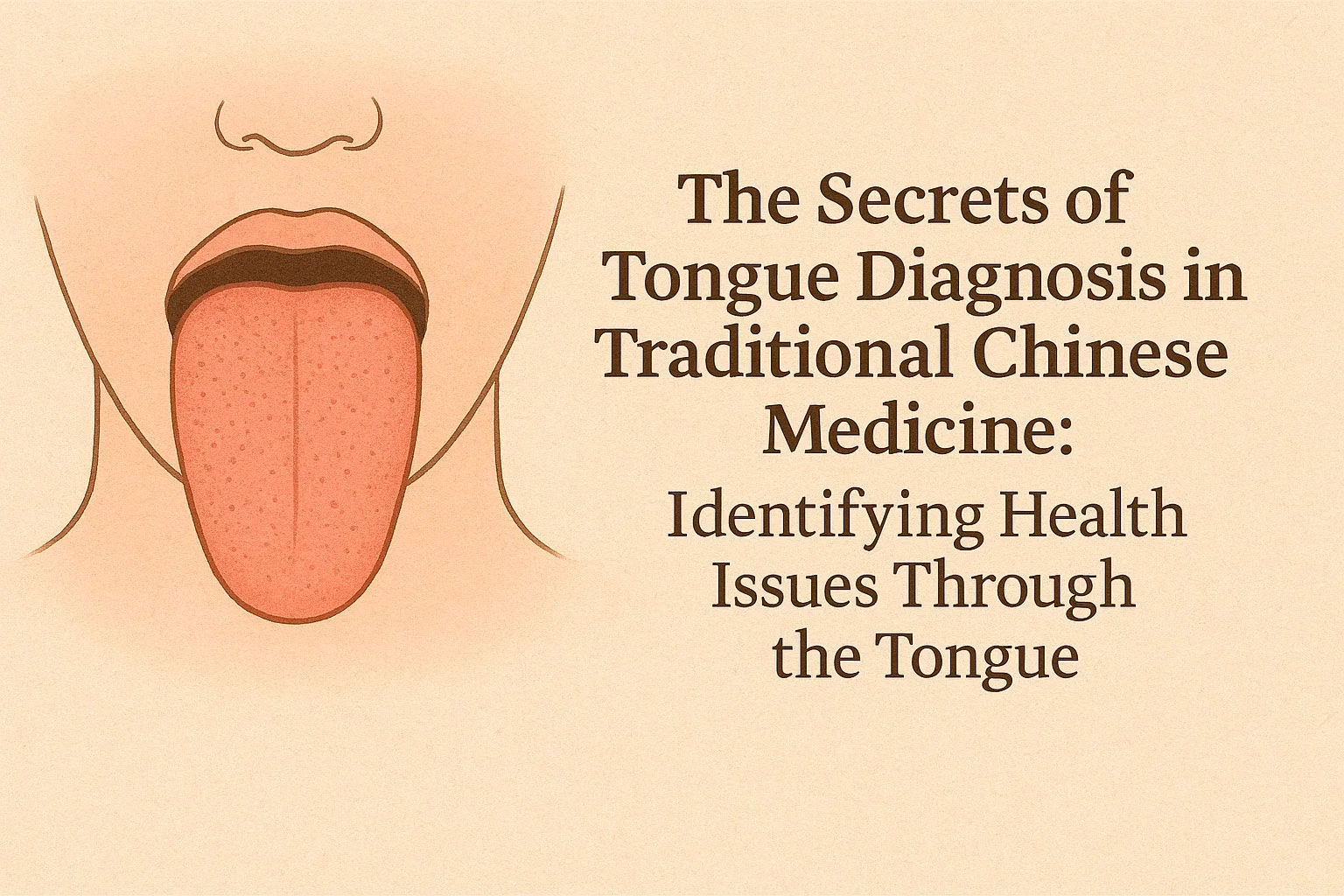
The Secrets of Tongue Diagnosis in Traditional Chinese Medicine
🔶 IntroductionIn traditional Chinese medicine (TCM), to…
-
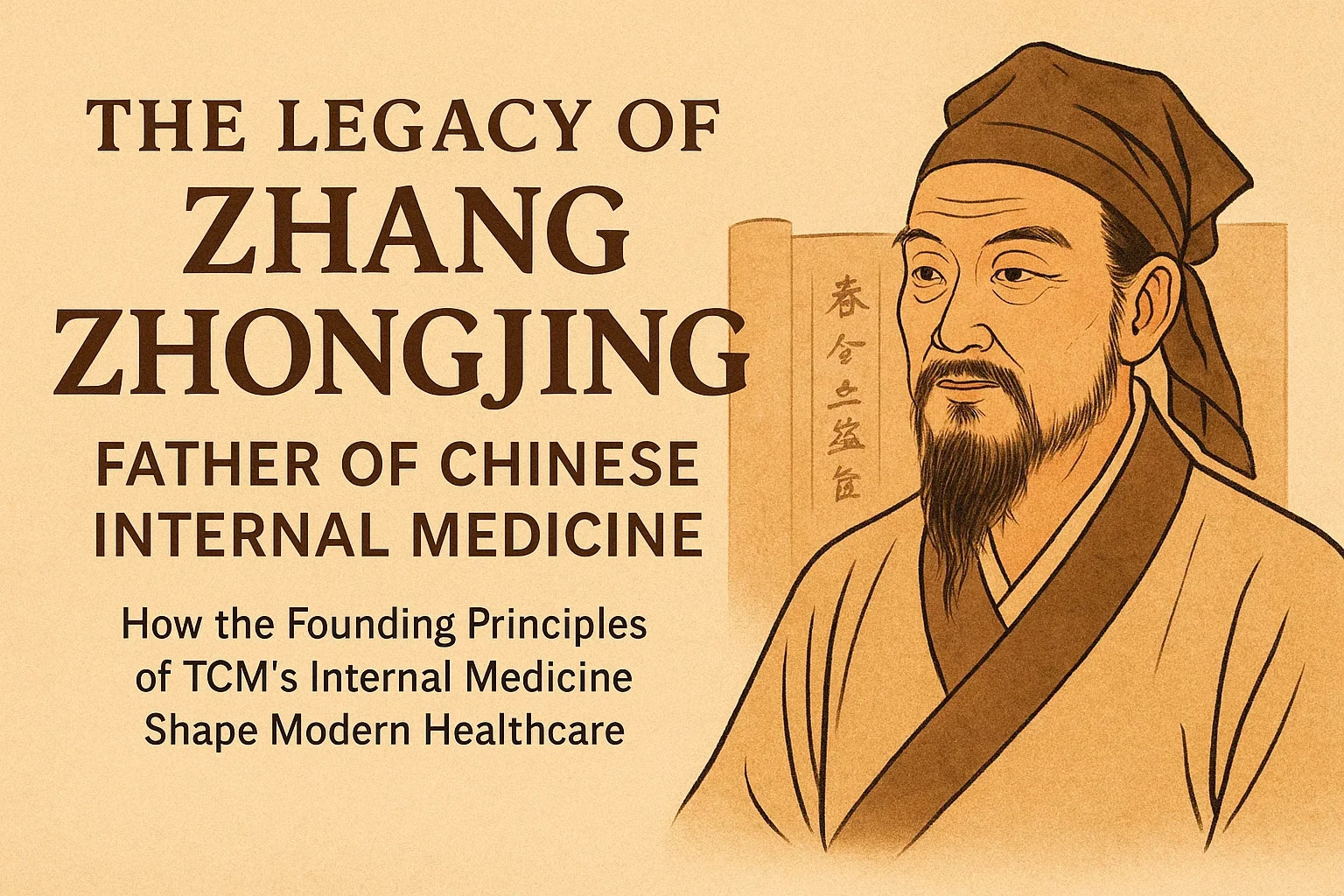
The Legacy of Zhang Zhongjing: Father of Chinese Internal Medicine
Zhang Zhongjing (张仲景), often called the “Father of Chin…
-
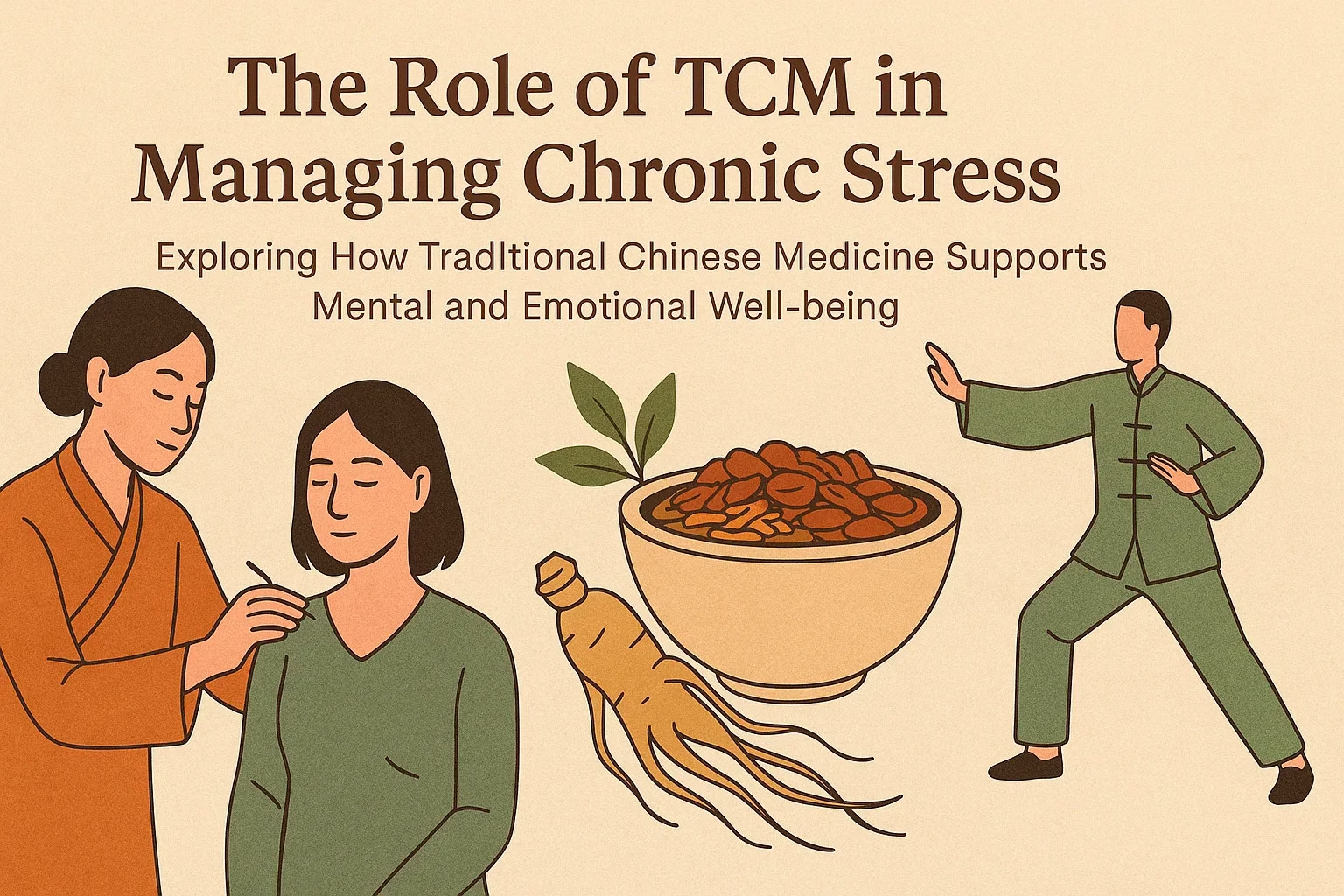
-
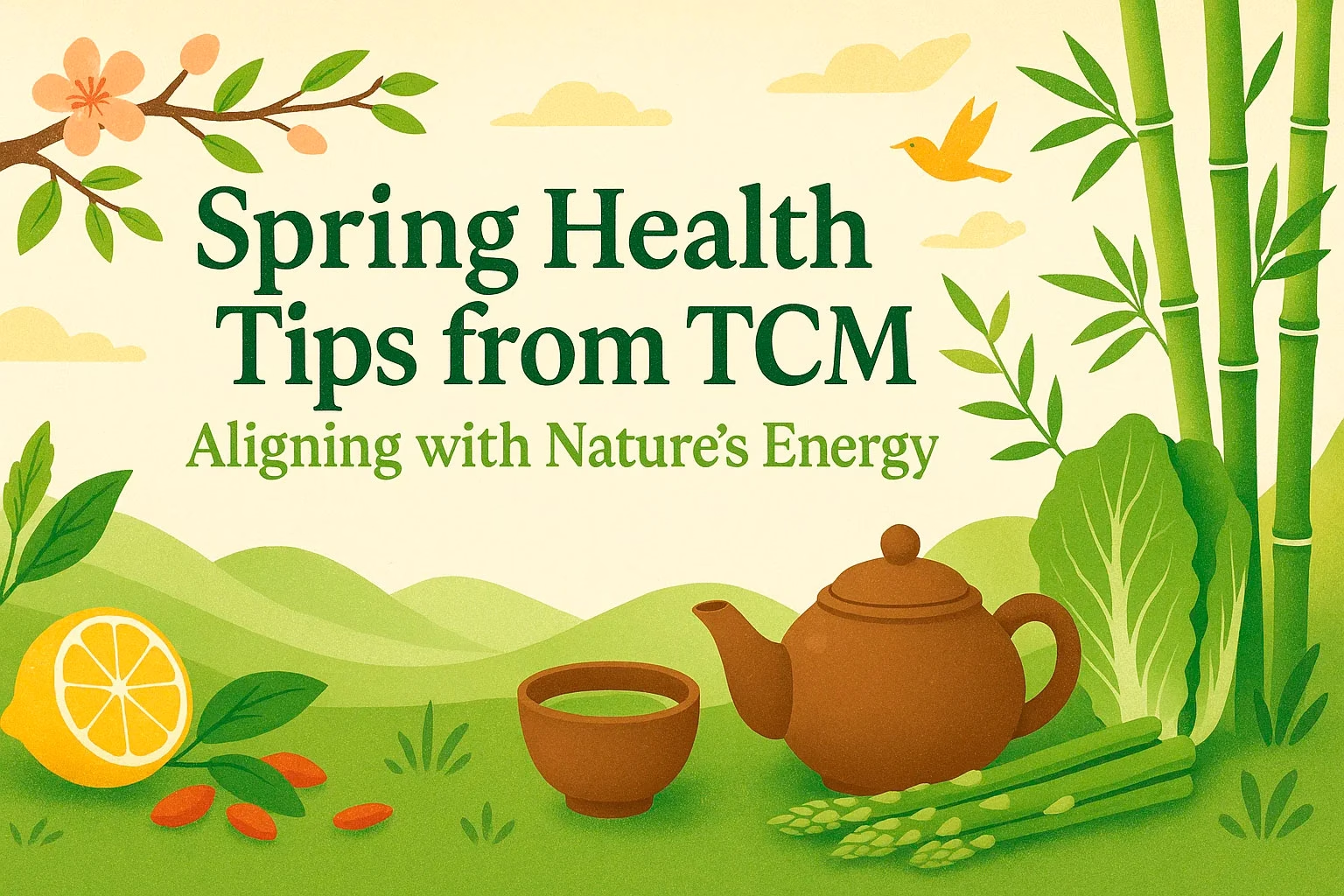
Spring Health Tips from TCM: Aligning with Nature’s Energy
In Traditional Chinese Medicine (TCM), each season is a…
-
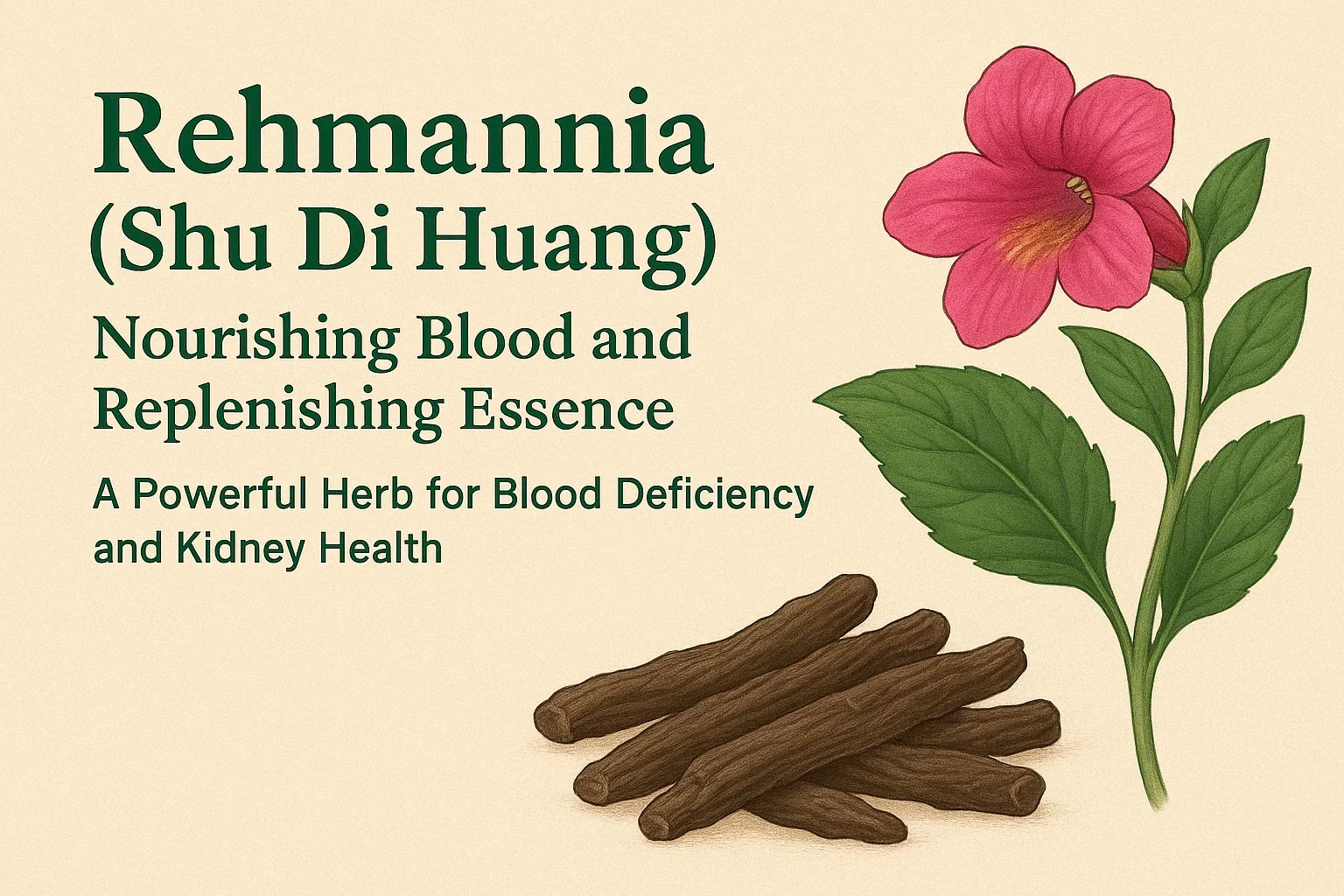
Rehmannia (Shu Di Huang): Nourishing Blood and Replenishing Essence
In Traditional Chinese Medicine (TCM), Rehmannia (Shu D…
-
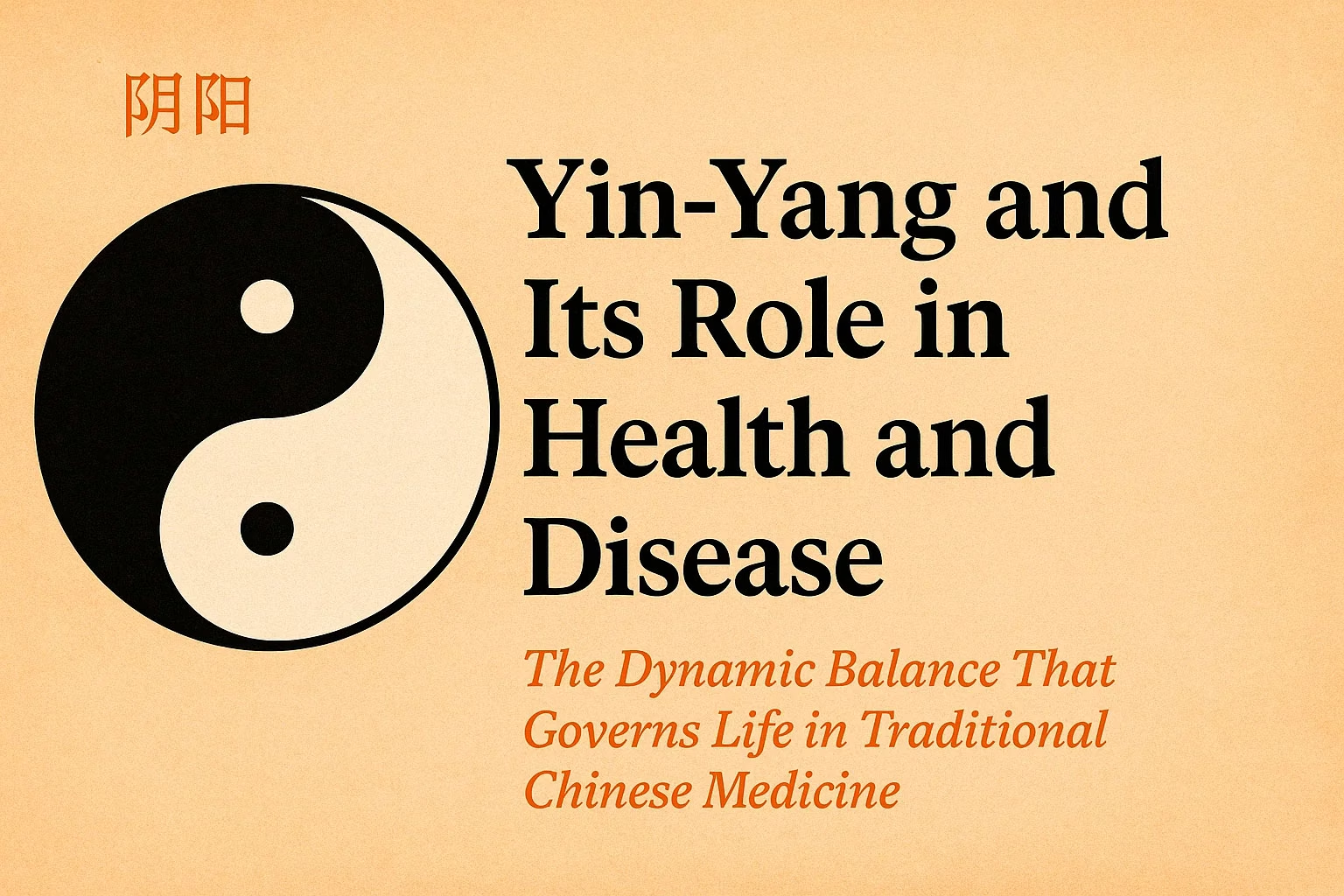
Yin-Yang and Its Role in Health and Disease
The principle of Yin-Yang (阴阳) is one of the most funda…
